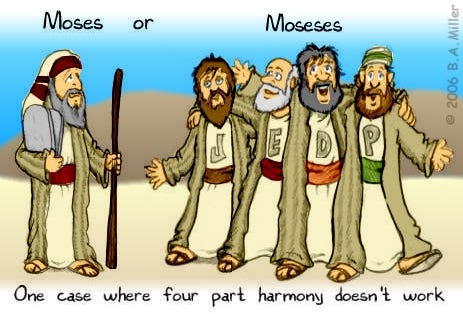While I don’t opine much on the subject, Biblical criticism is the one field that I have researched that the more I look into it the less convinced I get. While I do not have time to do the subject justice here (although it is a subject that I iy”h want to tackle at some point), I strongly feel that the field is too reliant on internal evidence -the various so-called documents that supposedly make up the Torah and the internal contradictions - as opposed to external evidence - actual comparisons to other documents from that time period and how they were composed, grammatical and linguistic analysis, the fact the torah has a consistent narrative whole and often is only an effective polemic when read as a whole, and the fact that the Torah’s content matches perfectly to the pre-monarchy era which an unsophisticated later forgery would have a hard time doing (see for example how the Zohar utterly fails at this).
I want to call people’s attention to a brand new book that was just published, DIACHRONIC DIVERSITY IN CLASSICAL BIBLICAL HEBREW (what a reader-friendly title!) which is available for free download legally. The book makes the remarkable yet obvious point that the linguistics for the Torah differ greatly from Nach.
You can read Rabbi Joshua Berman’s review here, which explains it well for the layman.
You can download the book here.
You can read Frum Books’ review on it never ever here.
And you can listen to the Seforim Chatter podcast episode never-ever-freaking-ever-I-mean-never here.(But definitely check out his upcoming Zohar series! It’s gonna be great and definitely not get him put in cherem. I hope.)





I'm very maskim to you actually, but the field of Biblical Archeology does compare it with actual findings and stuff, and dates the Torah externally. Perhaps you'd appreciate that field more than biblical criticism.
Also see https://rationalbelief.org.il/%D7%99%D7%93-%D7%96%D7%9E%D7%9F-%D7%9B%D7%AA%D7%99%D7%91%D7%AA-%D7%94%D7%AA%D7%95%D7%A8%D7%94-2-%D7%94%D7%A9%D7%A4%D7%94-2/